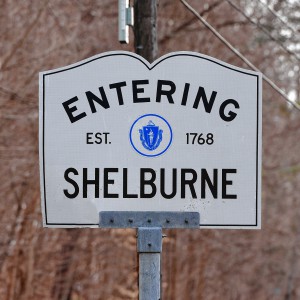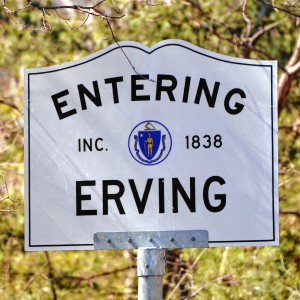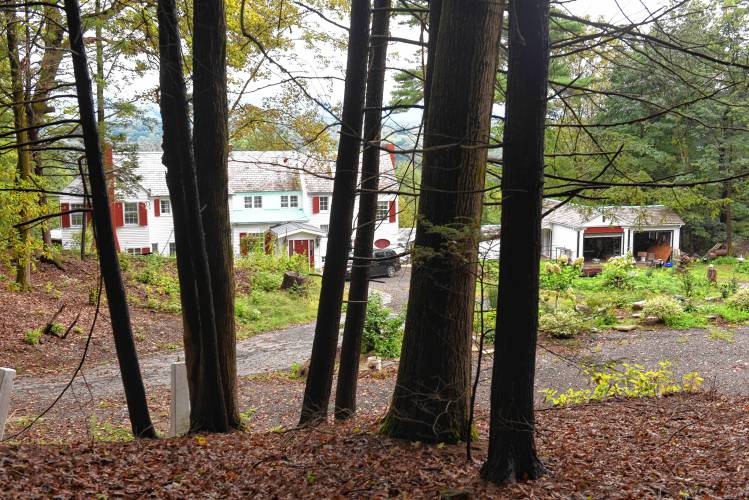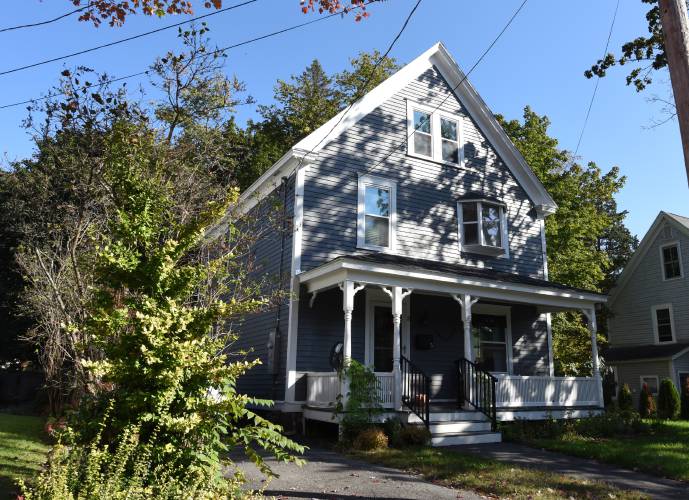Judge weighs merits of Greenfield home equity case
| Published: 12-01-2023 8:02 PM |
GREENFIELD — Judge Timothy S. Hillman is taking under advisement a motion to dismiss a lawsuit against the city that seeks to compensate two former homeowners who lost excess home equity after the sale of their properties for unpaid taxes.
In a lawsuit filed in September, attorneys Thomas Lesser and Michael Aleo alleged the city violated the Takings Clause of the Fifth Amendment by failing to compensate the two property owners for the excess value of the property over and above the money they owed to the city. In October, the city’s attorney, Jesse W. Belcher-Timme, filed a motion to dismiss, to which the plaintiffs promptly filed their opposition.
“I think the plaintiffs … have oversimplified their analysis here,” Belcher-Timme told Hillman during Friday’s hearing on the city’s motion to dismiss the lawsuit. He said the question is actually whether the state’s statutory scheme — or laws established by the Legislature — in Massachusetts is constitutional.
Lesser, meanwhile, argued that the Massachusetts General Law relevant to the tax title-taking process states ‘“a municipality may begin foreclosure actions if it chooses to do so’ — the operative word to do so is may. It is not a shall statute.”
“No local ordinance required them to do that,” Lesser said of beginning the foreclosure process. “The city could have done what many, many cities and towns do, [which is] simply file a lien on the property and wait until the property was sold or somebody died and collect the money in that fashion.”
The lawsuit against Greenfield comes in the wake of the U.S. Supreme Court decision in Tyler v. Hennepin County (Minnesota) in May that ruled the government can only retain tax debts owed, and no more, when seizing and selling private property, putting an end to what some describe as “home equity theft.” Before this ruling, Massachusetts, along with 11 other states, allowed municipalities to foreclose on private property when taxes were overdue and keep all the proceeds, even if the taxes owed were a fraction of that amount.
Belcher-Timme, however, argued that the plaintiffs’ situation is more comparable to the Nelson v. City of New York appeal, in which the U.S. Supreme Court held that “there is nothing in the Constitution that prevents [retaining equity] where adequate steps were taken to notify the owners.” In the case of the plaintiffs, Belcher-Timme argued, adequate steps were taken.
Additionally, the Supreme Court held that “relief from the hardship imposed by a state statute is the responsibility of the state Legislature and not of the court, unless some constitutional guarantee is infringed.”
Article continues after...
Yesterday's Most Read Articles
 Serious barn fire averted due to quick response in Shelburne
Serious barn fire averted due to quick response in Shelburne
 Bridge of Flowers in Shelburne Falls to open on plant sale day, May 11
Bridge of Flowers in Shelburne Falls to open on plant sale day, May 11
 Political newcomer defeats Shores Ness for Deerfield Selectboard seat
Political newcomer defeats Shores Ness for Deerfield Selectboard seat
 Roundup: Pioneer baseball wins Suburban League West title following 2-0 win over Hopkins
Roundup: Pioneer baseball wins Suburban League West title following 2-0 win over Hopkins
 As I See It: Between Israel and Palestine: Which side should we be on, and why?
As I See It: Between Israel and Palestine: Which side should we be on, and why?
 Employee pay, real estate top Erving Town Meeting warrant
Employee pay, real estate top Erving Town Meeting warrant
“I think, based on the holding of … Nelson v. New York, this is not an unconstitutional taking under current court precedent,” Belcher-Timme said.
The complaint against the city was originally filed in relation to a property formerly owned by Stephen Woodbridge on Stone Ridge Lane, which sold at auction in October 2021.
Though a 13-acre parcel of the property at 87 Stone Ridge Lane was retained by the city, a second 6-acre parcel that included Woodbridge’s residence — assessed for $258,400 — sold for $270,000, according to the complaint filed in U.S. District Court in Springfield. The property was taken for unpaid taxes from fiscal year 2016 in the amount of $4,791.74, according to the Franklin County Registry of Deeds.
According to the complaint, the 13-acre parcel of land retained by the city, valued at $50,200, was taken for $970.11 in unpaid taxes, interests and other costs. The complaint states Woodbridge is also seeking “the difference between the monies [he] owed to the city and the fair market value of the parcel.”
The city calculated its costs in taking the two properties, including past due taxes and interest, to be $54,098, which will be deducted from the sale amount the property.
A second plaintiff, Roberta Browning, later joined the lawsuit over her former property at 3 Vernon St., which was taken by the city in April 2016 for taxes, interest and expenses owed totaling $1,578, according to the Franklin County Registry of Deeds. In 2017, the city filed a complaint to foreclose on the property, and by 2020, the property was sold at auction for $34,000.
According to the complaint, the city calculated its cost in taking Browning’s property, including past due taxes and interest, at $18,455.
“I may be naive but I honestly thought that when we filed this lawsuit, Greenfield would just give back the plaintiff’s entire equity,” Lesser said. “Thirty-six states do that already. The Supreme Court ruling was clear.”
Belcher-Timme argued, however, that any grievances the plaintiffs have should be addressed by the state Legislature. At least one bill, H. 3053, would improve the notice procedures for people undergoing tax foreclosure proceedings and also guarantee that any excess proceeds generated by sales are returned to the original property owner.
“I don’t think there’s anyone in the city of Greenfield who thinks the state’s system is a good system or it’s where we want to end up,” Belcher-Timme said. “But the use of public funds and how they’re expended in the role of tax taking is a heightened area of concern for all municipal officials. They’ve spent this time trying to be in line with state law.”
Reporter Mary Byrne can be reached at mbyrne@recorder.com or 413-930-4429. Twitter: @MaryEByrne.



 New Salem election ushers in new Selectboard member
New Salem election ushers in new Selectboard member Community Legal Aid expands Disability Benefits Project to Franklin County
Community Legal Aid expands Disability Benefits Project to Franklin County
